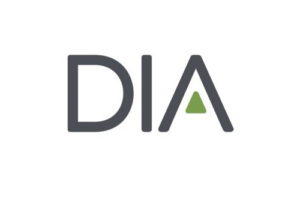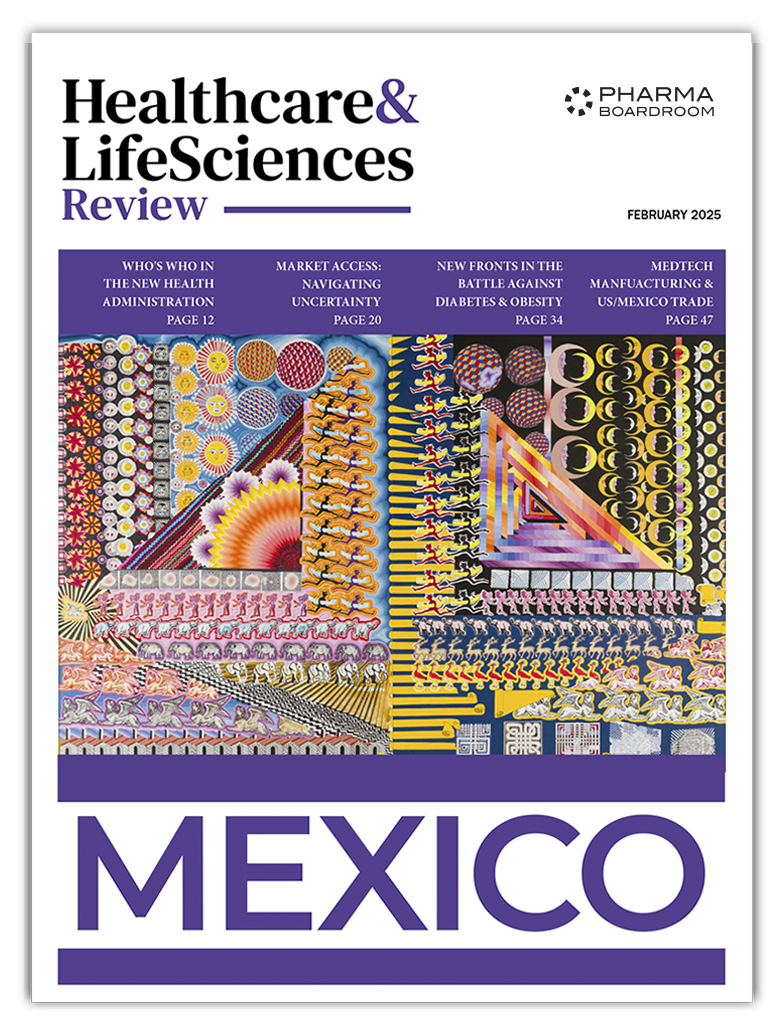The IFPMA’s Sarah Adam, writing in the July 2024 edition of DIA’s Global Forum magazine, looks back on an insightful discussion on the progress towards an African Medicines Agency at the DIA Europe conference earlier this year.
The African Medicines Agency (AMA) is paving the way for Africa to achieve regulatory self-sufficiency and reliance. By aligning with global standards, this continent-wide regulatory ecosystem is expected to revolutionize patient care and access to medicinal products across Africa in new and unprecedented ways.
During DIA Europe 2024, the International Federation of Pharmaceutical Manufacturers and Associations (IFPMA) organized an Africa Townhall session in collaboration with the European Medicines Agency (EMA) which brought together various regulatory experts from the African Union Development Agency-NEPAD, the World Health Organization (WHO), the Bill and Melinda Gates Foundation, the Economic Community of West African States (ECOWAS), and industry. It revolved around the progress of different partners to enrich Africa’s regulatory ecosystem by implementing a robust and modern AMA.
Foundations for Operationalization
Adopted by the African Union (AU) in 2019 and ratified to date by 26 countries, a continental agency, the AMA, was established to support local pharmaceutical production, coordinate joint assessment procedures, and enable timelier collaboration between Regional Economic Communities (RECs) and national regulatory authorities (NRAs) for access to safe, quality, efficacious medicines and vaccines across the continent. In so doing, AMA can help improve patient outcomes and safeguard against the use of falsified and substandard medicines.
The success of the AMA will depend on its operationalization, and on how African NRAs leverage the experience and learnings of mature regulatory agencies, including the EMA, and international work-sharing schemes. During the Townhall discussions, experts identified several foundational drivers for operationalizing the AMA:
To read the rest of the article, visit the DIA Global Forum website here



